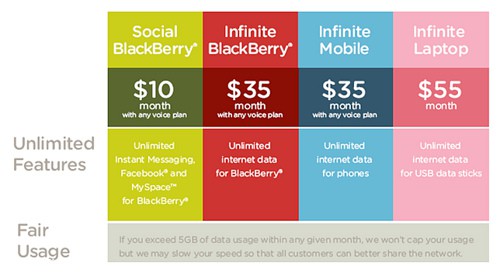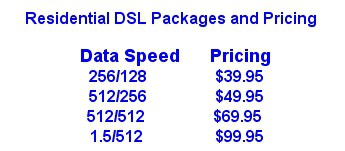 Verizon Wireless has defended their decision to double the early cancellation fee (ETF) for consumers purchasing “smartphones” and netbooks from the wireless carrier. In a letter from Kathleen Grillo, Senior Vice President of Federal Regulatory Affairs, Verizon claims the new $350 fee is justified and actually benefits consumers by providing them with a substantial discount on the cost of the equipment they might not otherwise be able to afford.
Verizon Wireless has defended their decision to double the early cancellation fee (ETF) for consumers purchasing “smartphones” and netbooks from the wireless carrier. In a letter from Kathleen Grillo, Senior Vice President of Federal Regulatory Affairs, Verizon claims the new $350 fee is justified and actually benefits consumers by providing them with a substantial discount on the cost of the equipment they might not otherwise be able to afford.
“The higher [cancel fee] associated with Advanced Devices (click link to see a list of impacted equipment) reflects the higher costs associated with offering those devices to consumers at attractive prices, the costs and risks of investing in the broadband network to support these devices, and other costs and risks,” Grillo wrote as part of a 77-page submission to the Federal Communications Commission, which demanded an explanation for the price increase.
Grillo claims Verizon’s fees are actually good for consumers:
Verizon Wireless’ term contracts with ETFs promote consumer choice and broadband deployment. This pricing structure enables Verizon Wireless to offer wireless devices at a substantial discount from their full retail price. By reducing up-front costs to consumers, this pricing lowers the barriers to consumers to obtaining mobile broadband devices. It thus enables many more consumers, including those of more limited means, access to a range of exciting, state of the art broadband services and capabilities. The company’s pricing structure therefore promotes the national goal of fostering the greater adoption and use of mobile broadband services. At the same time, consumers are protected by Verizon Wireless’ detailed disclosure practices described in this response, by the Worry Free Guarantee, which allows customers to terminate within 30 days of activation without an ETF, and by the monthly reduction in the ETF amount.
Grillo claims Verizon customers can also purchase a phone at the retail price and avoid a service contract. Verizon Wireless, for example, charges contract customers $199.99 for the Motorola Droid. But customers who do not want a contract can purchase the phone from Verizon for $559.99.
In North America, most major cell phone companies subsidize the cost of wireless handsets and make up the difference over the life of a typical two-year service contract. Cell phone companies claim consumers benefit from the arrangement because they are able to acquire a new phone every two years at a substantial discount. Some consumer advocates and members of Congress disagree, suggesting carriers more than earn back the cost of the subsidized phone over the life of the contract. Although customers purchasing a retail-priced phone don’t have to worry about a two year contract, they pay artificially higher prices for service plans designed to recoup the costs from those who did take discounted phones. The result is a strong incentive to commit to a contract and take the phone, since you will essentially be paying for it anyway.
The Government Accountability Office found early termination fees to be among the top four consumer complaints filed with the FCC about wireless carriers. Sen. Amy Klobuchar (D-Minnesota) re-introduced legislation December 3rd to try and limit early termination fees.
“Changing your wireless provider shouldn’t break the bank,” Klobuchar said in a Dec. 3 statement. “Forcing consumers to pay outrageous fees bearing little to no relation to the cost of their handset devices is anti-consumer and anti-competitive.”
The Cell Phone Early Termination Fee, Transparency and Fairness Act would prevent wireless carriers from charging an ETF that is higher than the discount on the cell phone that the company offers consumers for entering into a multi-year contract. For example, if a wireless consumer enters into a two-year contract and receives a $150 discount with the contract, the ETF cannot exceed $150.
The legislation would also require wireless carriers to prorate their ETFs for consumers who leave their contracts early so that the ETF for a two-year contract would be reduced by half after one year and to zero by the end of the contract term. In addition, the bill would mandate that wireless carriers would provide “clear and conspicuous disclosure” of the ETF at the time of purchase.
Co-sponsoring the bill with Klobuchar are Sens. Russ Feingold, Jim Webb and Mark Begich.
[flv]http://www.phillipdampier.com/video/CNBC Amy Klobuchar ETF Fees 9-13-07.mp4[/flv]
Back in 2007, Sen. Klobuchar introduced nearly identical legislation to deal with mobile phone providers charging high termination fees. CNBC ran this debate between Klobuchar and the cell phone trade association. Klobuchar found herself in a 2-against-1 debate when the CNBC anchor defended the wireless industry. (9/13/07 – 5 minutes)


 Subscribe
Subscribe







